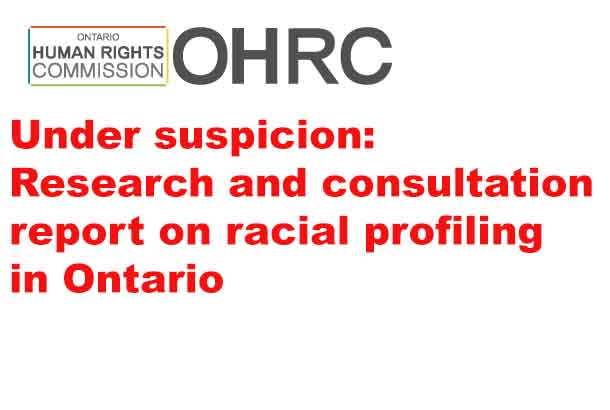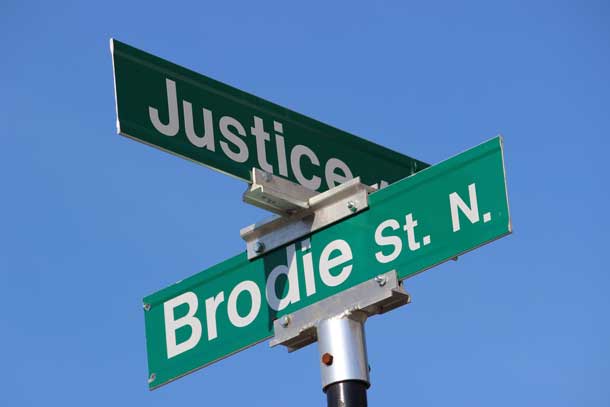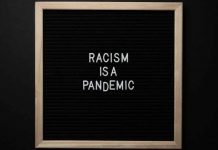Toronto – A new report by the Ontario Human Rights Commission (OHRC) confirms that racial profiling is a daily reality that damages communities and undermines trust in public institutions. In Under suspicion: Research and consultation report on racial profiling in Ontario, the OHRC combines social science research with lived experiences gained through consultation with over 1,600 individuals and organizations.
The report provides personal accounts that show the harmful impact that racial profiling has on Indigenous, Black, Muslim and other racialized individuals, their families, their communities, and society. It draws on information from an online survey, applications to the Human Rights Tribunal of Ontario, and extensive province-wide engagement with affected communities, legal and academic experts, educators, human rights practitioners and police, among others.
The report states: “In terms of addressing racial profiling, we are at a critical juncture in Ontario. Ontario is becoming more racially, ethnically and religiously diverse and yet increasingly economically stratified. Many institutions in society are becoming more focused on assessing potential threats to safety, citing concerns about terrorism and violence. Concerns about racial profiling take place against this backdrop of heightened security.
“Societal recognition of the phenomenon of racial profiling and its corrosive effects has grown in recent years. Today, many community leaders in Ontario, including several in the policing community, and many members of the general public more readily acknowledge that racial profiling exists. A growing body of decisions by Canadian human rights tribunals and courts have affirmed that racial profiling happens in policing and other areas, such as retail settings. Decisions and settlements arising from these claims have led some institutions to take steps to address racial profiling. Nevertheless, many still deny the reality of racial profiling. Some people and institutions see racial profiling as a normal, even effective tool for gathering information, assessing risk and ensuring safety”.
Under suspicion highlights how racial profiling is often the result of seemingly neutral organizational policies, procedures and decision-making practices, and deeply rooted institutional cultures. The OHRC heard that dealing with racial discrimination – including racial profiling – can have a negative effect on people’s mental and physical health. Racial profiling can be all-encompassing and affect nearly every aspect of a racialized person’s public life – from shopping, to driving and getting around, to attending school.
“This report confirms what racialized communities have known for generations: racial profiling is real,” said OHRC Chief Commissioner Renu Mandhane. “Rebuilding trust requires concrete action to address racial profiling in all its forms.”
In Under Suspicion, the OHRC commits to creating specific policy guidance to help individuals, community groups and organizations in law enforcement, child welfare, courts and corrections to prevent and address racial profiling. The OHRC will collaborate with First Nations, Métis and Inuit communities to develop resources and tools to address Indigenous peoples’ experiences of racial discrimination. The OHRC will continue to use its full range of legal powers to actively challenge racial profiling.
Related resources:




